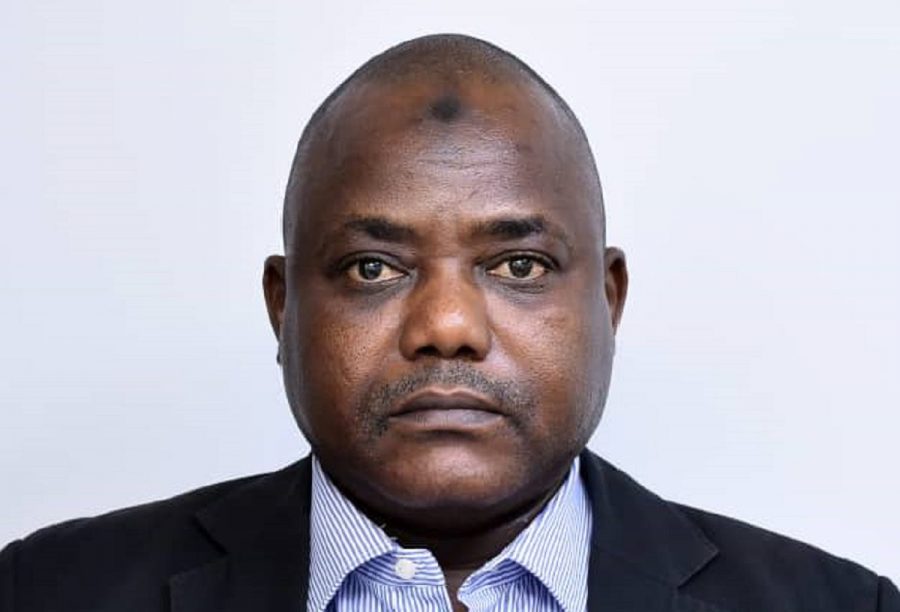The Department of Petroleum Resources (DPR) has rolled out guidelines for the establishment and operations of downstream gas facilities across the country.
It states that companies seeking to establish gas-dispensing facilities would be required to obtain three approvals and licences, among others, before commencing operations.
Explore Data on the Nairametrics Research Website
While making the disclosure in a public statement in Abuja, the DPR’s Director/Chief Executive, Mr. Sarki Auwalu, said the agency has commenced an investigation into the gas explosion incident that happened at Baruwa area, Ipaja, which claimed several lives and destroyed over 20 properties.
READ: FG estimates that alternative petrol, CNG would cost N97 per litre
Auwalu disclosed that preliminary reports from DPR investigations revealed that the facility was operating without a licence and was carrying out illegal operations which resulted in the unfortunate incident. He promised that the DPR would continue to update the public on the progress of its ongoing investigation into the incident, while assuring that the agency will continue to collaborate with all stakeholders to ensure safe operations of all oil and gas facilities in Nigeria.
READ: Nigeria’s explosions timeline from 2019
On the guidelines for establishment and operations of downstream gas facilities, the Chief Executive Officer of the DPR said it stipulates the minimum requirements, procedures, and conditions to be fulfilled before the grant of approvals or licences for the construction, installation, modification, takeover, relocation, and operations of downstream gas facilities in Nigeria.
READ: TikTok’s owner seeks $60 billion valuation in US deal as Oracle, Walmart take stakes
Some of those guidelines include;
- Guidelines for the establishment and operations of Liquefied Petroleum Gas, LPG, also known as cooking gas, refilling plants and retail outlets;
- Guidelines for establishment of autogas refueling stations and add-on gas facility; and
- Guidelines for the establishment of gas storage and utilization.
READ: Gas station explosion: Lagos to enforce stiffer measures on operators, blames negligence
Auwalu explained that the guidelines were developed to enhance gas penetration and utilization, enhance operational safety as well as ease of doing business in the oil and gas sector.
He said: “Companies intending to establish these facilities must satisfy all necessary requirements stipulated by DPR and obtain the underlisted applicable approvals: Site suitability approval; Approval to Construct (ATC)/Approval to Install; and Licence to Operate.
READ: Oracle wins bid to acquire TikTok’s US operations after Microsoft offer was rejected
“Necessary amenities and equipment like functional automated/manual leak tester, functional fire alarm system, and mounted gas detectors, adequate fire water storage, and sprinklers, perimeter fence with firewall amongst others must be provided in the facilities.”
He emphasized that the objective of the guidelines was to ensure that the baseline standard regarding Health, Safety, and Environment, HSE, was achieved and maintained in all the facilities.
READ: DAPPMAN highlights critical role of warehousing and logistics in growth of downstream sector
What you should know
This is coming a few days after the last gas explosion at the Baruwa area of Ipaja, Lagos which claimed several lives with many properties destroyed. The Lagos state government in its investigation of the incident blamed the operators for negligence and non-adherence to safety standards in their operations.
That was one in a series of gas-related explosions that have occurred in Lagos and other parts of the country in the last few months with several reported casualties.



















Hello. Thank you for the report. However and as a follow-up report, could you please obtain and publish ALL the documents containing ALL these new/updated DPR guidelines? Alternatively, you could consider adding any relevant website links on this subject to the proposed follow-up report. Keep up the good work.
Good Job. Keep it up.
Please in this sector what are the roles of Security and law enforcement agencies whose duties includes :demarcation of (potential) danger areas, response/rescue of civilians during emergencies that may arise from the operations of a gas station, anti-pollution and decontamination .
What are the conditions or specifications that must be met for the grant of site suitability approval
Is gas masks not required in the gas stations for use during periods of emergency?